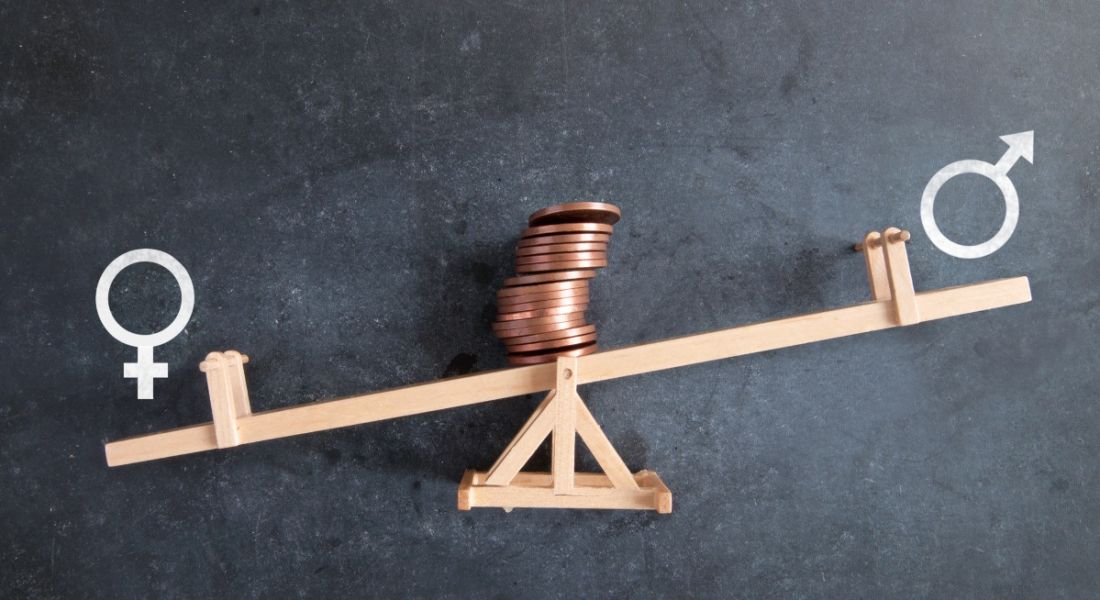Nearly half of workers in Ireland have experienced some form of discrimination, according to a survey from Matrix.
Recruitment company Matrix published its new Workplace Equality Survey today (4 November). The annual survey’s goal is to help track issues pertaining to inequality and discrimination in the workplace, looking at potential factors such as having children and age.
The company surveyed 2,070 adults in Ireland, with 42pc of respondents saying they have experienced workplace discrimination.
Impacts of parenting
Both men and women strongly see having children as heavily impacting a woman’s career progression, according to the survey.
Matrix regional recruitment manager Joanne Foley commented on the fact that more than three quarters of men and 90pc of women surveyed agreed on this: “If a woman chooses to advance her career, her opportunities should not be hindered by parenthood and a greater effort from industry, society and government may be needed to make this happen.
“Some progress has already been made in this area, but the cost of childcare and the prevailing perceptions around motherhood are creating barriers that still need to be addressed.”
‘What does it tell us about Ireland’s work culture if people perceive that it will be difficult to change jobs once you hit 45?’
– JOANNE FOLEY
Despite moves to implement better paternity leave policies, more than two-thirds of respondents said that men are reluctant to avail of this benefit. The majority (62pc) said that it could be viewed negatively by their employer in terms of job commitment.
“These findings point to the belief that the mother’s role is still that of primary carer and we could still be a generation away from men feeling comfortable and secure enough to take their full parental leave entitlement,” Foley said.
“There are obviously financial implications too, but I do think that we are seeing a cultural change, albeit a slow one, with a number of employers actively taking steps to promote and support leave entitlements.”
Workplace sexual harassment
According to the report, workplace discrimination is experienced by 48pc of women, 34pc of men and 53pc of people who identify as non-binary.
In last year’s survey, 18pc of respondents said they had suffered sexual harassment at work, while this year’s figure dropped to 10pc.
“This is a significant finding and may indicate that campaigns tackling sexual harassment are having an impact,” said Foley.
“Earlier this year, the government launched its ‘No Excuses’ campaign to help tackle the issue. The ‘Me Too’ movement has reached global proportions, raising huge levels of awareness for the incidence of sexual harassment and potentially driving behavioural change. In addition, there is widespread coverage of the issue in the media with conversations being held daily on social media.
“Whilst we cannot say with absolute certainty that the cumulative effect of these campaigns is proving to be effective and while we know that there is still a long way to go, the findings may point to the positive impact of the campaign, leading to a fall in the incidence of sexual harassment at work.”
Age discrimination
Discrimination based on age is a growing problem in Ireland’s workplaces, the survey suggested, with more than two-thirds of respondents believing this to be the case.
“What does it tell us about Ireland’s work culture if people perceive that it will be difficult to change jobs once you hit 45?” asked Foley.
“People are living longer, the statutory age for retirement is increasing and age should never be a barrier to moving jobs, particularly with so many employers placing a huge value on experience,” she added.
However, 92pc of those surveyed said that people older than 50 have a lot to contribute to the working environment given their greater levels of experience and more life skills. Being able to mentor younger colleagues was also seen as a benefit.
Gender equality
The study also suggests that perceptions of gender inequality are still prevalent in Irish workplaces. One in four workers surveyed said they know of a colleague of the opposite sex, but in the same role and with the same level of responsibility, receiving a higher salary.
When asked about opportunities for promotions at work, 61pc of men responded that men and women had equal opportunities, but 63pc of women and 55pc of people who identified as non-binary said that men benefitted from greater promotional opportunities.
The majority (69pc) said the glass ceiling still exists for women in the workplace, with twice as many women as men saying so. However, 44pc of respondents stated that things are improving, giving cause for optimism in the long term, according to the Matrix report.




